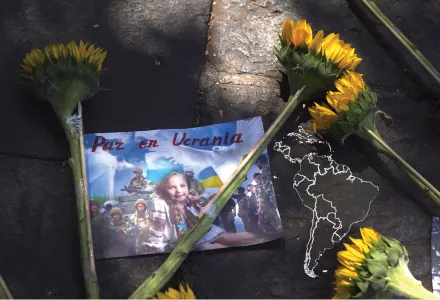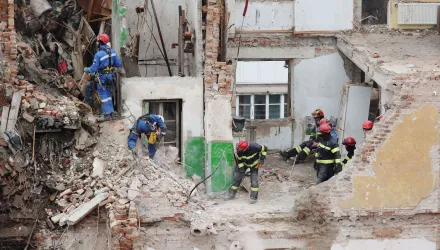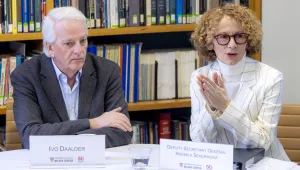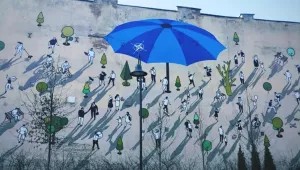
As we enter the second year of the Russo-Ukranian war, it is prudent that the foreign policy community examine the impacts of the conflict on other regions, including Latin America.
Despite the distance between Latin America and Ukraine, the conflict has disrupted the region and exacerbated the negative impacts of the COVID-19 pandemic. COVID-19 disproportionately affected Latin America’s fragile socioeconomic, fiscal, and political situation. For example, Brazil, a major regional economic powerhouse, was one of the worst-struck countries in the region, and the pandemic significantly impacted its economy. The country’s GDP contracted by 4.1% in 2020, and unemployment reached a record high of 14.1% in the first quarter of 2021. The pandemic also impacted Brazil’s fiscal situation, with the country’s debt reaching 90% of GDP. Brazil’s downturn is not an isolated incident, albeit a microcosm of the region. In addition, the instability allowed authoritarian regimes to further consolidate control in places like Nicaragua, Venezuela, and El Salvador. For instance, leaders like El Salvador’s Nayib Bukele capitalized on the chaos of the pandemic and a desperate citizenry to strengthen his power.
Furthering the impacts on domestic politics, the confluence of the pandemic and war in Ukraine disrupted global supply chains, agriculture production, and energy resources. Moreover, as tensions between the West and nations such as Russia and China continue to grow, globalization is becoming increasingly divided. This will likely lead to further political turmoil and socioeconomic disparity in Latin America, which has already been compounded by the war and the lackluster COVID-19 recovery efforts. With these repercussions still lingering, a lack of economic and trade development, an intensifying energy crisis, and rampant inflation prevailing in 2023, the region’s outlook remains bleak.
Read complete policy brief (attached PDF).
Torres, Guido. “The Impacts of the Russo-Ukrainian War on Latin America in the Age of Strategic Competition.” Belfer Center for Science and International Affairs, Harvard Kennedy School, March 2023





